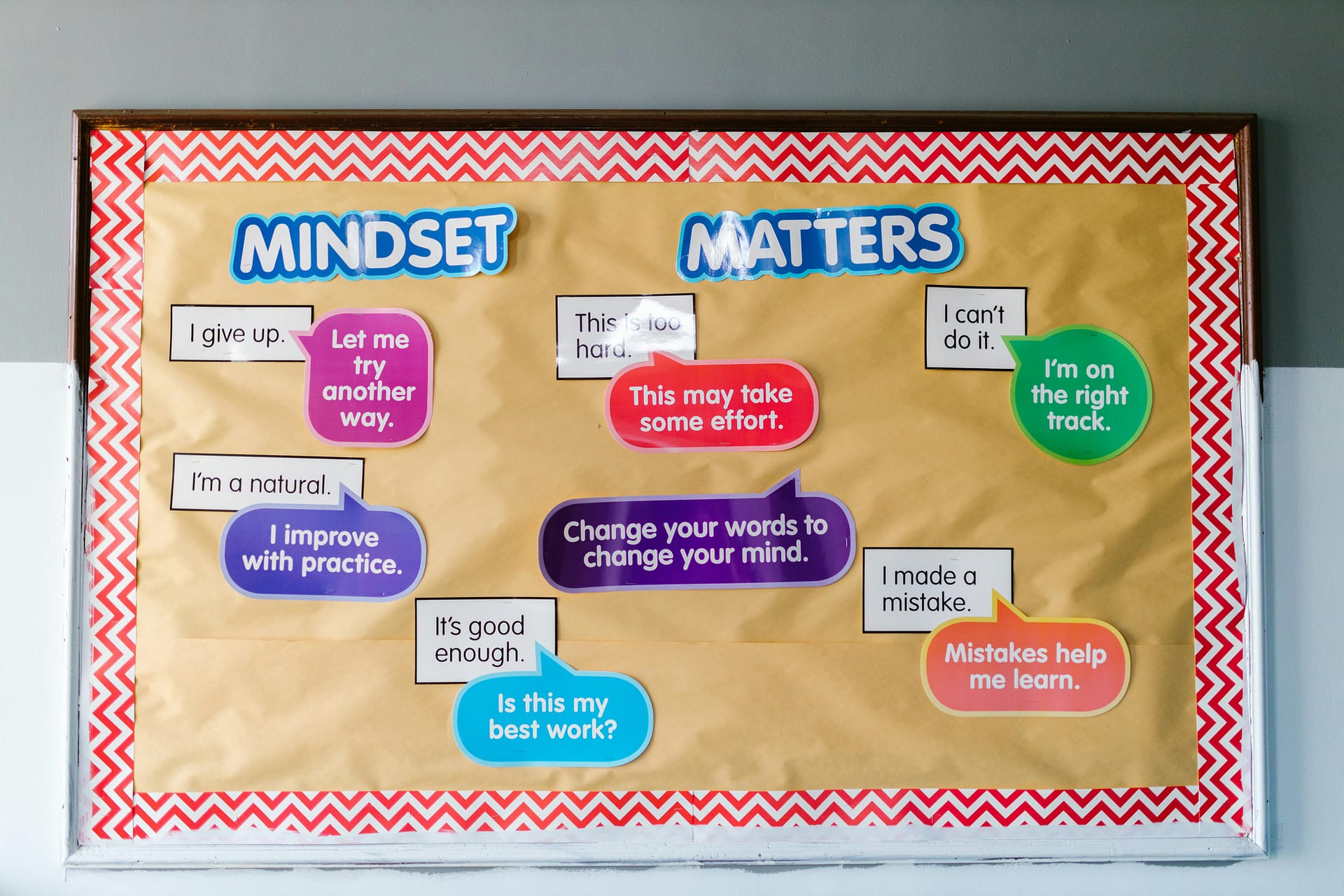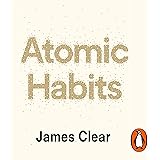
Introduction:
In any romantic relationship, the way we think and approach problems plays a crucial role in determining the health and longevity of our bonds. Our mindset and the lens through which we view our interactions with our partners can either pave the way for harmony or lead us into a cycle of conflict. It’s essential to understand that nurturing a relationship isn’t about winning arguments or assigning blame, but about working together to resolve differences of opinion. Here’s why your mindset matters and how you can transform your romantic relationship.

The Fixed vs. Growth Mindset
Carol Dweck’s concept of fixed and growth mindsets, though often applied to learning and personal development, is highly relevant in the context of romantic relationships.
- Fixed Mindset: In a fixed mindset, individuals believe that their traits and their partner’s traits are static and unchangeable. This mindset can lead to a sense of resignation and hopelessness during conflicts. For instance, someone might think, “This is just the way they are, and it will never change,” leading to frustration and repeated arguments.
- Growth Mindset: Conversely, a growth mindset embraces the belief that people can change and evolve. In relationships, this translates to the understanding that both partners can work on their habits and behaviors to improve the relationship. Instead of seeing conflict as a dead end, it is viewed as an opportunity for growth and deeper understanding.
From Blame to Understanding
Blaming each other for problems can create a defensive atmosphere and hinder constructive dialogue. Here’s how to shift from blame to understanding:
- Empathy Over Judgment: Try to understand your partner’s perspective and feelings without immediately jumping to conclusions. Empathy allows you to see the situation from their viewpoint, fostering compassion and reducing blame.
- I-Statements: Use “I” statements instead of “You” statements to express your feelings without sounding accusatory. For example, say “I feel hurt when…” instead of “You always…”. This subtle shift can make a significant difference in how your message is received.

The Power of Collaborative Problem-Solving
When conflicts arise, shifting from an adversarial to a collaborative mindset can transform how you and your partner navigate disagreements.
- Focus on the Problem, Not the Person: Instead of viewing your partner as the problem, work together to address the issue at hand. This can help in fostering a team-oriented approach rather than a confrontational one.
- Active Listening: Truly listen to your partner’s concerns and repeat back what you’ve heard to ensure understanding. This validates their feelings and shows that you are genuinely engaged in finding a resolution.
- Solution-Oriented Discussions: Frame your conversations around finding solutions rather than dwelling on the problem. Ask questions like, “What can we do to make this better?” or “How can we prevent this from happening again?”
Building Resilience Through Positive Thinking
Your mindset doesn’t just affect how you handle conflicts; it also impacts the overall resilience and positivity of your relationship.
- Gratitude and Appreciation: Regularly express gratitude and appreciation for your partner. This fosters a positive environment and strengthens your bond, making it easier to navigate tough times together.
- Optimism: Maintaining an optimistic outlook can help you and your partner face challenges with confidence. Believing that you can overcome difficulties together builds a sense of unity and trust.

Conclusion: Mindset Matters
In the end, the way we think and approach our romantic relationships has profound effects on how we experience love, resolve conflicts, and grow together. By cultivating a growth mindset, prioritizing understanding over blame, engaging in collaborative problem-solving, and fostering positivity, we can transform our relationships into resilient and harmonious partnerships. Remember, it’s not about arguing or blaming each other; it’s about working together to resolve differences and building a stronger, more loving connection. Remember: your mindset matters, the way you think has an effect on your actions. Change your mindset and transform your life.
Good Communication: The Cornerstone of Romantic Relationships
Afterword:
Please allow me to introduce myself. My name is Steve Fitz and I’m a specialized Life Coach, specializing in relationship problems and depression. If you or anyone you know needs help with any issues regarding depression or relationships please get in touch. My contact details can be found on my face book page. Sessions are normally carried out through a Zoom call, therefore no matter where you are in the world, we can still connect.
Natures Aid Cod Liver Oil, 1000 mg, 180 Softgel Capsules (High Strength, 254 mg Omega-3 with Vitamins A and D for Normal Function of the Immune System, Made in the UK)
£8.99 (as of August 11, 2024 12:15 GMT +00:00 - More infoProduct prices and availability are accurate as of the date/time indicated and are subject to change. Any price and availability information displayed on [relevant Amazon Site(s), as applicable] at the time of purchase will apply to the purchase of this product.)Nutrition Geeks Turmeric Tablets 2000 mg with Black Pepper & Ginger, High Strength Curcumin Supplements, Vegan and Gluten Free, UK Made, 120 Count
£6.99 (as of August 11, 2024 12:15 GMT +00:00 - More infoProduct prices and availability are accurate as of the date/time indicated and are subject to change. Any price and availability information displayed on [relevant Amazon Site(s), as applicable] at the time of purchase will apply to the purchase of this product.)Phizz Electrolytes, Multivitamin & Hydration Tablets - 20 Effervescent Rehydration Electrolyte Tablets - 18 Vitamins & Minerals, Vitamin C, Vegan, Vegetarian & Low Calorie (Orange, 20 Tablets)
£7.99 (as of August 11, 2024 12:15 GMT +00:00 - More infoProduct prices and availability are accurate as of the date/time indicated and are subject to change. Any price and availability information displayed on [relevant Amazon Site(s), as applicable] at the time of purchase will apply to the purchase of this product.)Magnesium Glycinate Supplements 1500mg & Vitamin B6-120 High Strength Capsules - 1500mg of Magnesium Providing 315mg Elemental Magnesium (Bisglycinate) - Pure Active Ingredient
£9.99 (as of August 11, 2024 12:15 GMT +00:00 - More infoProduct prices and availability are accurate as of the date/time indicated and are subject to change. Any price and availability information displayed on [relevant Amazon Site(s), as applicable] at the time of purchase will apply to the purchase of this product.)MacuShield Original Plus Capsules - 90 day pack, Eye Health Food Supplement containing Lutein, Zeaxanthin and Meso-Zeaxanthin, as well as Vitamin B2 which Supports Normal Vision, 90 count (Pack of 1)
£30.40 (as of August 11, 2024 12:15 GMT +00:00 - More infoProduct prices and availability are accurate as of the date/time indicated and are subject to change. Any price and availability information displayed on [relevant Amazon Site(s), as applicable] at the time of purchase will apply to the purchase of this product.)Collagen Powder, Gold Standard Bovine Collagen Peptides Powder by Wellgard - High Levels of The 8 Essential Amino Acids, Collagen Supplements, Halal & Kosher, Made in UK
£16.99 (as of August 11, 2024 12:15 GMT +00:00 - More infoProduct prices and availability are accurate as of the date/time indicated and are subject to change. Any price and availability information displayed on [relevant Amazon Site(s), as applicable] at the time of purchase will apply to the purchase of this product.)Bio Cultures Complex Probiotics & Prebiotics - 60 Billion CFU - 2 Months Supply - 120 Vegan Probiotic Complex Capsules for Adults - 20 Gut-Friendly Bacterial Cultures Like Lactobacillus Acidophilus
£23.99 (as of August 11, 2024 12:15 GMT +00:00 - More infoProduct prices and availability are accurate as of the date/time indicated and are subject to change. Any price and availability information displayed on [relevant Amazon Site(s), as applicable] at the time of purchase will apply to the purchase of this product.)Warrior Creatine Monohydrate Powder – Micronised for Easy Mixing and Consumption – 100% Pure Creatine – Proven to Improve Physical Performance & Recovery, 5g Servings (Unflavoured, 300g)
£14.99 (as of August 11, 2024 12:15 GMT +00:00 - More infoProduct prices and availability are accurate as of the date/time indicated and are subject to change. Any price and availability information displayed on [relevant Amazon Site(s), as applicable] at the time of purchase will apply to the purchase of this product.)Bio-Kult Everyday Multi-Strain Formulation Probiotics for Digestive System, 60 Capsules (Pack of 1)
£10.00 (as of August 11, 2024 12:15 GMT +00:00 - More infoProduct prices and availability are accurate as of the date/time indicated and are subject to change. Any price and availability information displayed on [relevant Amazon Site(s), as applicable] at the time of purchase will apply to the purchase of this product.)Vitamin D3 4000 IU - 400 High Strength Vitamin D Tablets (1+ Year Supply) - Vegetarian - Immune System Booster - Gluten Free - Vitamin D Supplements - Made in The UK
£7.63 (as of August 11, 2024 12:15 GMT +00:00 - More infoProduct prices and availability are accurate as of the date/time indicated and are subject to change. Any price and availability information displayed on [relevant Amazon Site(s), as applicable] at the time of purchase will apply to the purchase of this product.)Atomic Habits: Tiny Changes, Remarkable Results
£11.37 (as of August 11, 2024 12:15 GMT +00:00 - More infoProduct prices and availability are accurate as of the date/time indicated and are subject to change. Any price and availability information displayed on [relevant Amazon Site(s), as applicable] at the time of purchase will apply to the purchase of this product.)Be Useful: Seven Tools for Life
£11.37 (as of August 11, 2024 12:15 GMT +00:00 - More infoProduct prices and availability are accurate as of the date/time indicated and are subject to change. Any price and availability information displayed on [relevant Amazon Site(s), as applicable] at the time of purchase will apply to the purchase of this product.)The Courage to Be Disliked : How to Free Yourself, Change Your Life and Achieve Real Happiness
£20.12 (as of August 11, 2024 12:15 GMT +00:00 - More infoProduct prices and availability are accurate as of the date/time indicated and are subject to change. Any price and availability information displayed on [relevant Amazon Site(s), as applicable] at the time of purchase will apply to the purchase of this product.)The Psychology of Money: Timeless lessons on wealth, greed, and happiness
£10.60 (as of August 11, 2024 12:15 GMT +00:00 - More infoProduct prices and availability are accurate as of the date/time indicated and are subject to change. Any price and availability information displayed on [relevant Amazon Site(s), as applicable] at the time of purchase will apply to the purchase of this product.)Manifest
£6.99 (as of August 11, 2024 12:15 GMT +00:00 - More infoProduct prices and availability are accurate as of the date/time indicated and are subject to change. Any price and availability information displayed on [relevant Amazon Site(s), as applicable] at the time of purchase will apply to the purchase of this product.)It Ends With Us: The emotional #1 Sunday Times bestseller. Now a major film starring Blake Lively and Justin Baldoni
£7.75 (as of August 11, 2024 12:15 GMT +00:00 - More infoProduct prices and availability are accurate as of the date/time indicated and are subject to change. Any price and availability information displayed on [relevant Amazon Site(s), as applicable] at the time of purchase will apply to the purchase of this product.)The Boy, The Mole, The Fox and The Horse
£9.00 (as of August 11, 2024 12:15 GMT +00:00 - More infoProduct prices and availability are accurate as of the date/time indicated and are subject to change. Any price and availability information displayed on [relevant Amazon Site(s), as applicable] at the time of purchase will apply to the purchase of this product.)12 Rules for Life: An Antidote to Chaos
£14.87 (as of August 11, 2024 12:15 GMT +00:00 - More infoProduct prices and availability are accurate as of the date/time indicated and are subject to change. Any price and availability information displayed on [relevant Amazon Site(s), as applicable] at the time of purchase will apply to the purchase of this product.)The Twat Files
£11.37 (as of August 11, 2024 12:15 GMT +00:00 - More infoProduct prices and availability are accurate as of the date/time indicated and are subject to change. Any price and availability information displayed on [relevant Amazon Site(s), as applicable] at the time of purchase will apply to the purchase of this product.)Just One Thing: How simple changes can transform your life
£7.98 (as of August 11, 2024 12:15 GMT +00:00 - More infoProduct prices and availability are accurate as of the date/time indicated and are subject to change. Any price and availability information displayed on [relevant Amazon Site(s), as applicable] at the time of purchase will apply to the purchase of this product.)Please consider subscribing to our monthly newsletter




















Pingback: Good Communication: The Cornerstone of Romantic Relationships - My Daily Inspiration
Comments are closed.